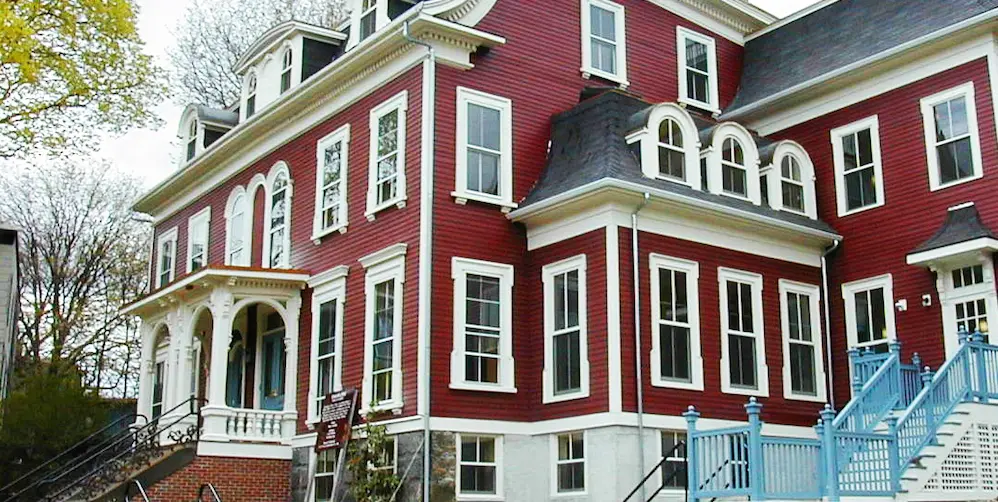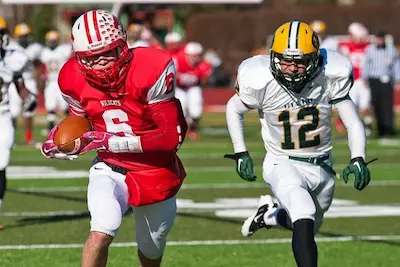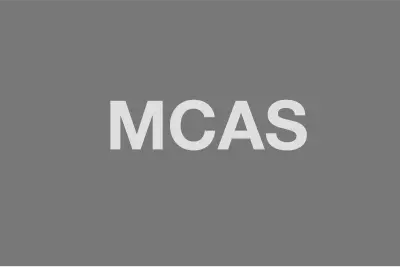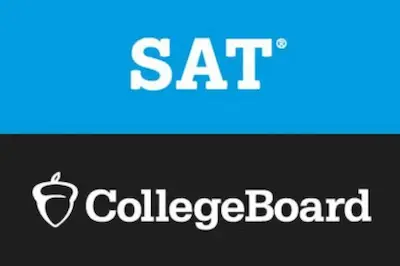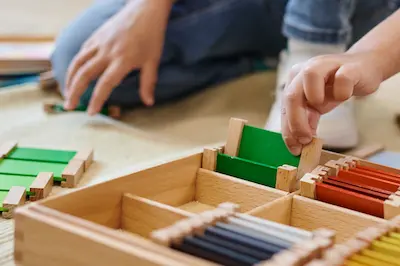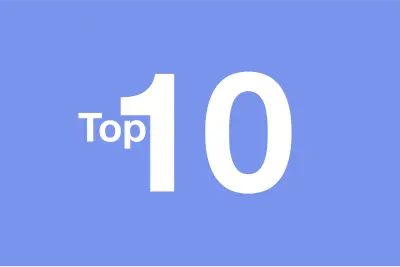Paige Academy is an independent school located in the Roxbury neighborhood of Boston. It serves students from infants to sixth grade. The school is focused on providing an education based on African American cultural and educational concepts.
School’s Mission Statement
Paige Academy’s educational mission and lifestyle provide an environment that fosters individual worth as well as collective responsibility. This African-American philosophy promotes the following seven principles: unity, self-determination, collective work and responsibility, cooperative economics, purpose, creativity, and faith.
Paige Academy embraces the concept that a diverse student body enhances the quality of the academic and cultural experience.
The school has an experienced, ethnically diverse staff and faculty, with teachers trained in early childhood and/or elementary education. This diversity is reflected in the number of different languages spoken at Paige Academy and is illustrated on the chart below:
Academics
The school focuses on educating students with cultural awareness and sensitivity to their community. Academically, it is divided into the following groups:
-
Infants: This program focuses on basic developmental skills such as motor skills, language, cognitive development, art, science, mathematics, and community as well as social interactions.
-
Toddler: This program is designed to help children develop a positive self-image and worldview. Students are guided in basic language and self-expression through playtime, art projects, music, exposure to nature, animals, and peer interactivity.
-
Primary-Preschool - Children aged 2.9 to 5 years are prepared to enter kindergarten. This includes play-acting, storytelling, call-and-response and drama.
-
Secondary/Transitional: This program for children between the ages of 4 and 6 years old encourages first-hand investigation through drawing, hands-on science and math projects, as well as expressive writing assignments.
-
Junior: This program for sixth-grade students supports and encourages self-expression as well as self-control as a preparation for further studies in high school. The mathematics and science curriculum has a strong focus on problem-solving.
After-School Programs
The after-school program serves children between the ages of 6 and 12 years and is a developmental program specially designed to accommodate the intellectual, academic, and emotional needs of young children. Activities include reading, math, science skills, and creative arts.

